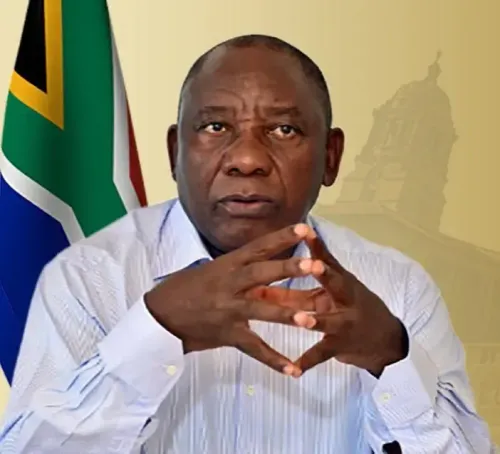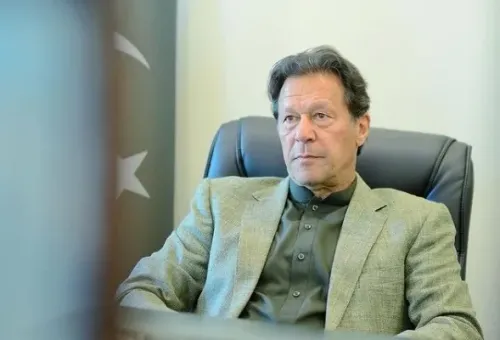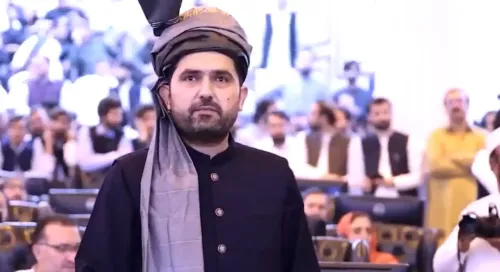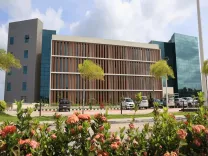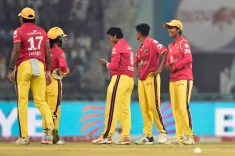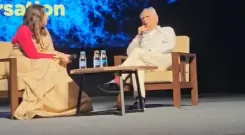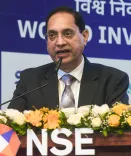The Possibility of an African Pope: Insights from Vatican Expert Francesco Sisci on Francis' Successor
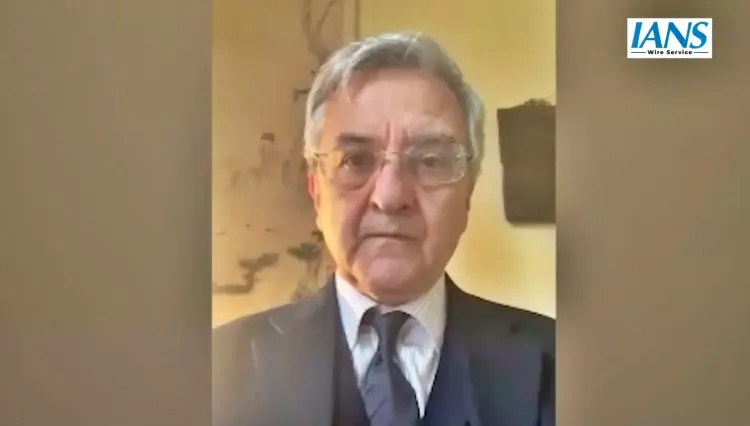
Synopsis
Key Takeaways
- Pope Francis' death marks a significant loss for humanity and the Church.
- The upcoming conclave will be the most diverse in history.
- There is a pressing need for a pope to address both internal and external challenges.
- An African pope may reflect the Church's evolving demographic and geopolitical landscape.
- African cardinals embody a blend of conservative ethics and progressive social views.
New Delhi, April 21 (NationPress) Following the death of Pope Francis, esteemed Vatican analyst Francesco Sisci has shared insights regarding the ramifications for the Roman Catholic Church and its potential leadership trajectory.
In a special interview with IANS, Sisci reflected on the late pontiff's legacy, the upcoming papal conclave, and the critical consideration of electing the Church's first African pope.
Pope Francis, who led 1.4 billion Catholics globally, passed away at the age of 88 after battling various age-related health issues and spending over a month in the hospital.
This event signifies the conclusion of a transformative period for the Church and commences the official process of choosing a new pope.
Francis, recognized as the first Latin American pontiff, ascended to the papacy on March 13, 2013, following Pope Benedict XVI's resignation.
Interview excerpts:
IANS: What are your thoughts on the demise of Pope Francis?
Francesco Sisci: It’s profoundly tragic. This loss resonates deeply, not just within the Catholic Church, but for humanity as a whole. Few leaders like Pope Francis have genuinely attempted to transcend religious divides. He reached out to all, irrespective of faith, ethnicity, or political stance. His absence is especially painful during these turbulent times, with significant conflicts ongoing in the Middle East and Ukraine. He was a beacon of peace, dialogue, and inclusivity; his departure creates a significant void during such a critical juncture.
IANS: The Church is at a pivotal moment. What direction do you anticipate it will take?
Francesco Sisci: In the forthcoming weeks, the Vatican will convene a conclave to elect the next pope. This conclave will be one of the most diverse ever, featuring 138 cardinals from around the world. Representatives will hail from nations as varied as Iran, Laos, and Mongolia. The pressing question for the conclave is: What type of pope does the Church require at this moment? Should the next leader prioritize internal Church dynamics or focus on broader global challenges? Both approaches have compelling arguments. Ideally, the Church will choose someone adept at managing both aspects. However, unlike when Pope Francis was elected during a relatively stable period, this decision comes amidst global unrest, making it an even more critical choice.
IANS: Who do you see as potential candidates to succeed Pope Francis?
Francesco Sisci: It’s quite challenging to predict. It may indeed be the right moment for an African pope. Africa boasts the most dynamic demographic growth globally. The rate of Catholic conversions there is double the population growth rate. The number of Catholics in China is also significant. The African Church has endured substantial persecution, with numerous martyrs due to Islamic terrorism targeting Catholic priests. Additionally, Africa is a geopolitical battleground, with many migrants heading to Europe from the continent. Nations like China, Russia, and Turkey are competing for influence in Africa against the backdrop of previous colonial powers. Thus, there are compelling reasons to consider an African pope. Furthermore, African cardinals often embody a dual perspective: they tend to be conservative on ethical issues while progressive on social matters, aligning well with the Church's current needs.

